
ESG Funds: Long road ahead for sustainable change in Indian businesses
Covid-19 has been an inflection point for ESG funds, but it will take a long time before India attains maturity in reporting, evaluating and demanding accountability for sustainable business practice
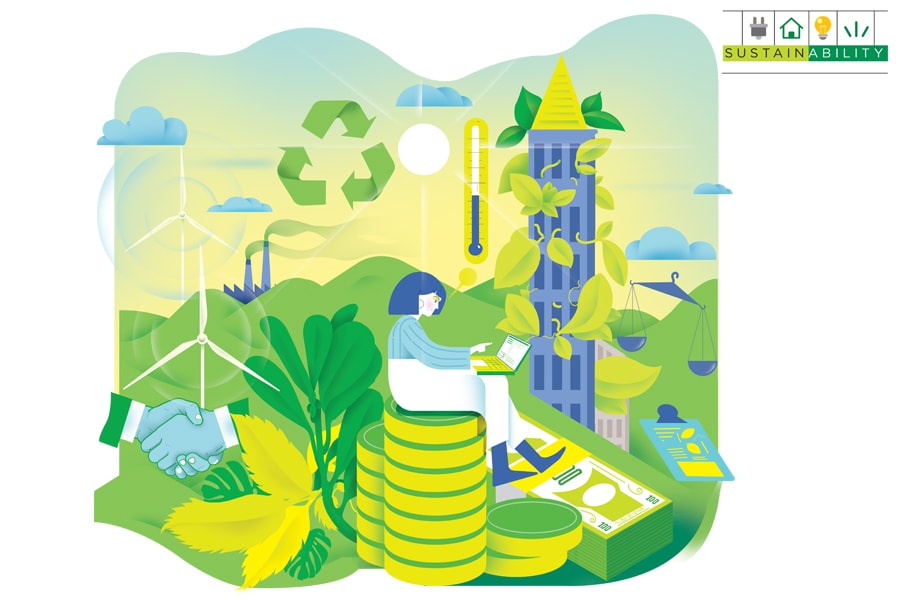 Illustration: Sameer Pawar
Illustration: Sameer Pawar
What links climate change, the Covid-19 crisis and financial markets? A preliminary paper by the World Bank dated February 2021 investigates the association between air pollution and Covid-19 in India, and estimates that a “1 percent increase in long-term exposure to particulate matter 2.5 leads to an increase in Covid-19 deaths by 5.7 percentage points”.
Today, as India grapples with a gruesome second wave of the pandemic, with over 2.5 crore people getting infected as of May 17, the results of this paper imply that “people with underlying health disorders such as respiratory illness caused by exposure to air pollution might have a higher risk of death following Sars-CoV-2 infection”.
The urgent need to take steps toward conserving the environment has been felt for a few years now, as the adverse implications of climate change gradually permeate through our daily lives. This sense of accountability has been, in turn, extending to responsible investing, where custodians of wealth are making sure that businesses are sustainable so that future generations are better-placed because of the investment choices being made right now.
“Before last year, it was primarily financial events that led to systemic crises in markets across the globe. With the pandemic, investors have started believing in the scope of physical risks that impact financial investments and lead to an upheaval in markets,” says Abhay Laijawala, managing director and fund manager, Avendus Capital Public Markets Alternate Strategies. As investors look for new ways to mitigate physical risks like Covid-19, he explains, they have will a more enhanced focus on environment, society and governance (ESG) factors.
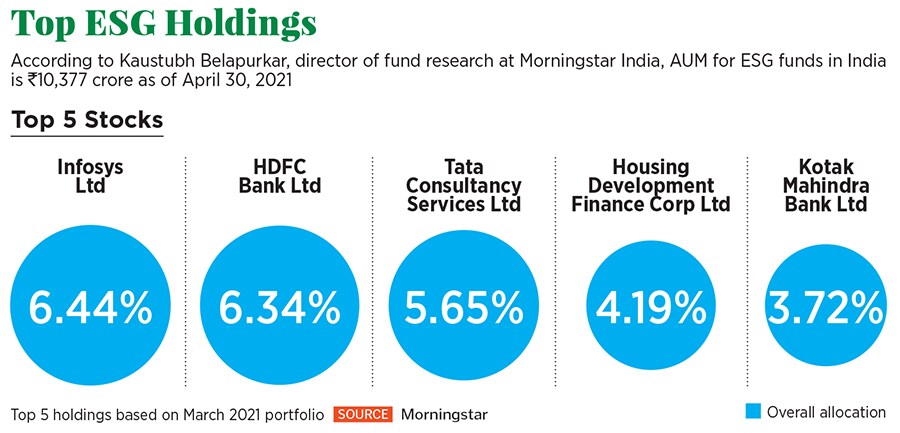
(This story appears in the 30 November, -0001 issue of Forbes India. To visit our Archives, click here.)




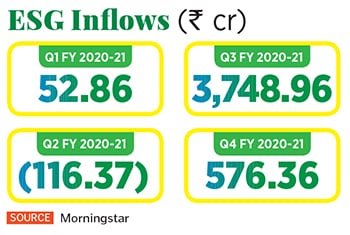 Green Wave in a Pandemic
Green Wave in a Pandemic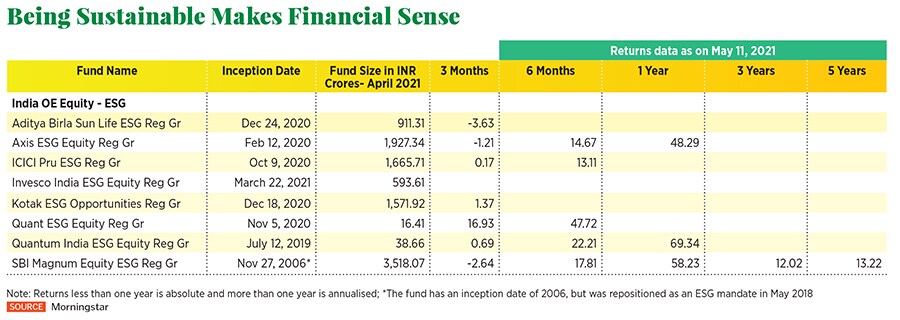
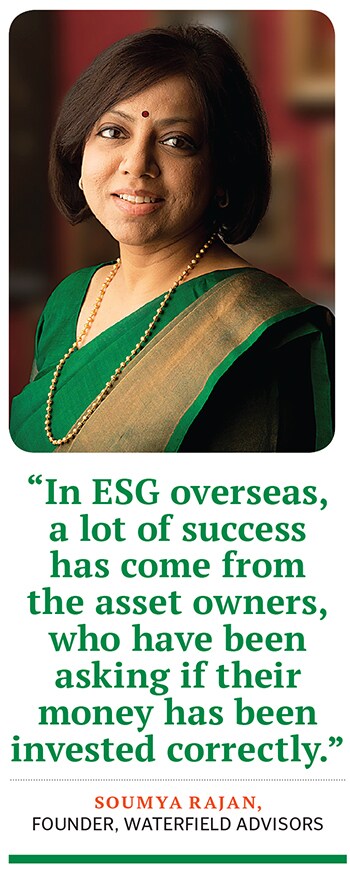 Is it making a difference ?
Is it making a difference ?



